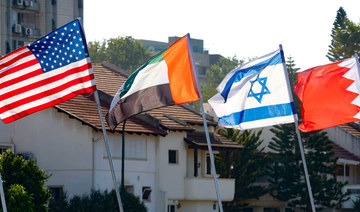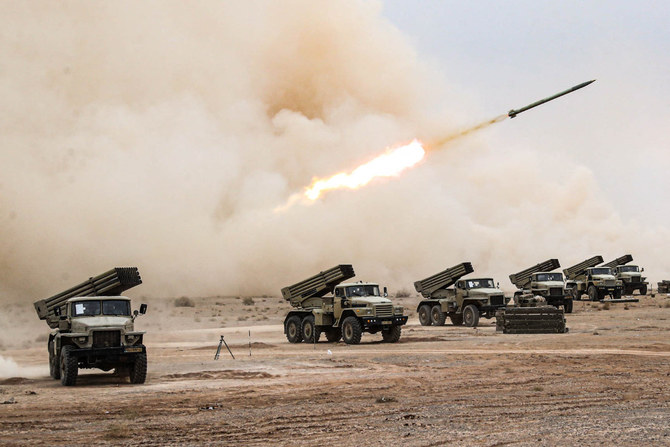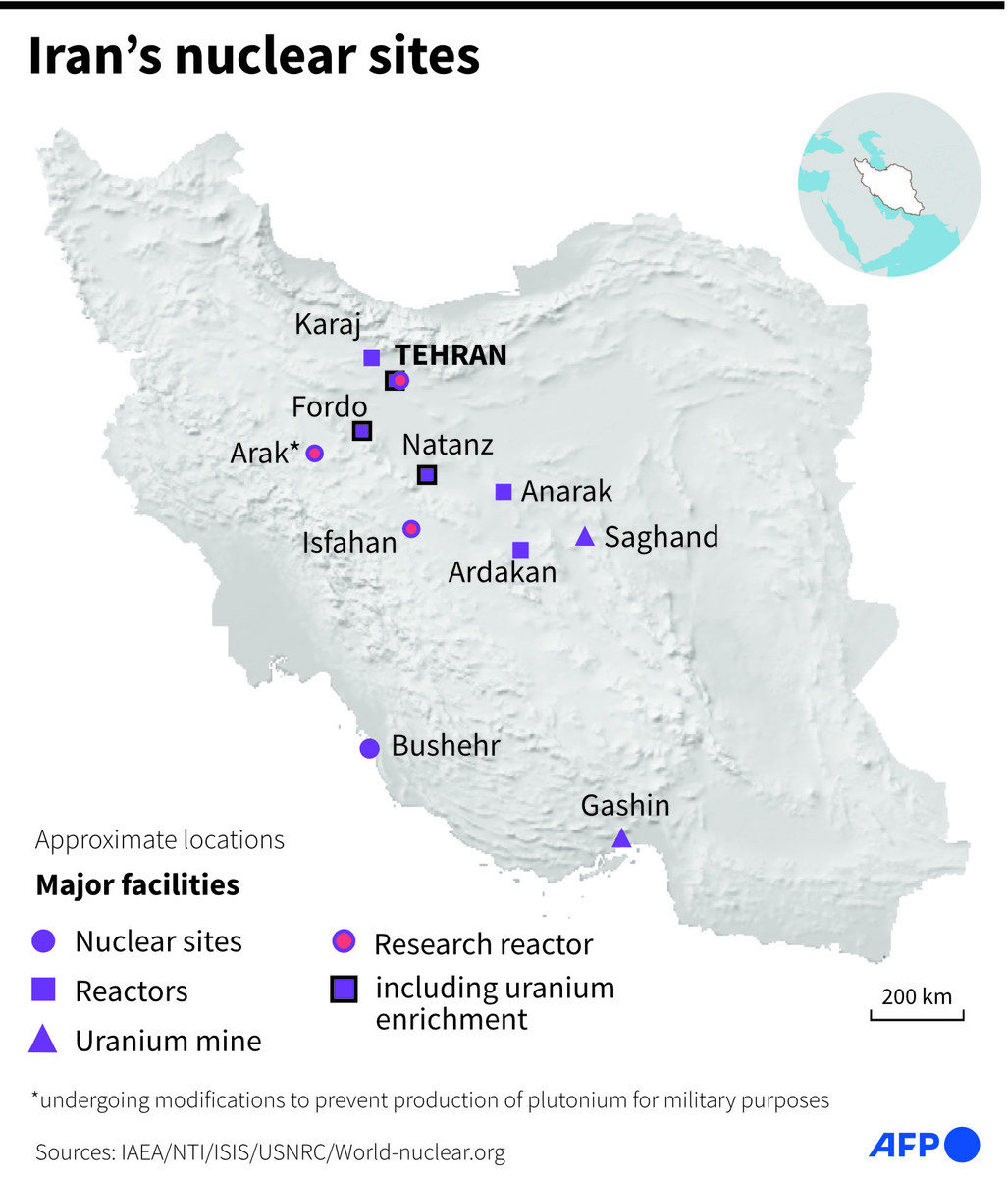CHICAGO: Ronald S. Lauder, the president of the World Jewish Congress, predicts that the Abraham Accords, between the UAE, Israel and Bahrain, will open a new path that will achieve peace not only between Arabs and Jews, but Israelis and Palestinians too.
Lauder was one of several hundred leaders invited by US President Donald Trump to attend the signing of the two separate deals on the South Lawn of the White House on Tuesday.
An advocate for peace over many decades, Lauder, who is also the chairman of one of the world’s largest cosmetic companies, told Arab News on Monday he believes the Abraham Accords will open the door to an eventual final peace with the Palestinians, and strengthen the Jewish community’s presence in the Arab world.
“I think that this is a historic agreement between Israel and the UAE, and between Israel and Bahrain. It opens up the entire region and it is a question of starting to believe in each other. This is going to have a ripple effect throughout the entire Middle East. I believe there will be other countries joining very shortly in this phase,” said Lauder.
“I believe very, very much that the Palestinians, seeing what is happening, will finally say it is time to come to the peace table and will sit down with Israel and the US and say let’s talk peace.”
Lauder, a billionaire who has used his money to support Jewish communities in more than 100 countries, added that the World Jewish Congress was already working with the Jewish community in Bahrain, and would soon vote to include the Jewish community of the UAE into their organization.
“We have Bahrain as a part of the World Jewish Congress, and we just voted in the UAE Jewish community,” said Lauder, who also serves as chairman of the Jewish National Fund and previously served as chairman of the Conference of Presidents of Major American Jewish Organizations. He is currently chairman of Clinique Laboratories, LLC, a division of the Estee Lauder Companies, Inc., and serves on the Estée Lauder Companies’ board of directors.
With regard to the UAE, he said: “I don’t know the exact numbers but there is a sizable Jewish community there. I know they have a Jewish school there already and we are working with that school through my foundation. In Bahrain I visited the synagogue there and I have seen the Jewish community there.
“Once this peace (deal) is done, you will see many more Jewish people coming out saying we are Jewish and what this is about. There will be a great deal of back and forth between the two countries. I think there will be more planes between Israel and the UAE than between Israel and other countries. It will be something important.”
Lauder said he attended the signing of the peace accords between Israel and Palestinians that took place at the White House on Sept. 13, 1993, and said he believes the two agreements with the UAE and Bahrain will be just as important
“I think it is greatly significant because of the fact that these two countries, UAE and Bahrain, have never been in a military conflict recently with Israel. This is very important because this is an agreement that sets a precedent and it sets up the whole area to work together,” said Lauder.
“I think many other countries will follow in the Middle East, and it changes the whole dynamic. I think it will have a major, major effect on the Palestinians. It will say to the Palestinians the time is now to make peace. I believe it will be very important for the Palestinians to come to the table.”
Lauder said the Palestinians should seize the moment.
Opinion
This section contains relevant reference points, placed in (Opinion field)
“I believe that the question that everyone asks is what are the Palestinians going to do?” he told Arab News. “I think the Palestinians are realizing now that this is the time to make peace. They should not, and cannot, wait
“Trust does not come overnight. It takes time to build together. There always will be in the near future extremists who will try to stop this trust by trying to do whatever they can.”
Lauder said he was hopeful that the Palestinians will eventually sign an agreement with Israel, as they deserve justice.
“I believe very, very much that Palestinians, seeing what is happening, will finally say it is time to come to the peace table and will sit down with Israel and the US and say: ‘Let’s talk peace,’” he said.
On a more philosophical note, Lauder described Arabs and Jews as “Children of Abraham,” referencing the name of the accords brokered by President Trump, and predicted that the two peoples would one day work together to address global issues.
“Remember, we are all children of Abraham. We are cousins. I believe very much that someday we will have Jews, Muslims and Christians sitting down at the same table, enjoying the same food and discussing things,” Lauder said.
“I look forward (to the day) there will be think tanks made up of Jews, Muslims and Christians working together to find things to do. This is the future. This is what’s happening.”

























